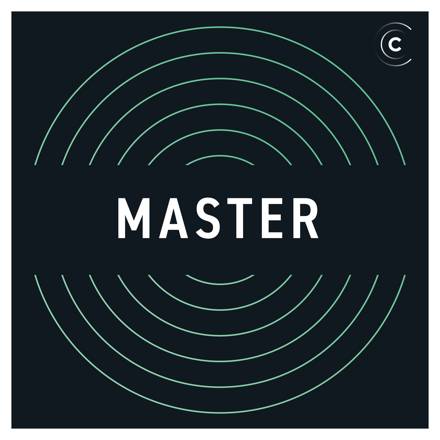Most of you already know what it’s like to work in a startup or a small company. A few of you have been asking us for conversations with engineers that work for big companies, the kind that run everything from big title games to banking, and even critical national infrastructure.
In today’s episode, we talk to Ganeshkumar, a Software Engineer in the Azure Kubernetes Service team, who works on Node Lifecycle and Kubernetes Versioning, and Brendan, Kubernetes project co-founder and engineering Corporate Vice President of Microsoft Azure OSS and Cloud-native Compute. We talk about what it’s like to work for Microsoft, how mentoring works in practice, and what Kubernetes, Omega, & Borg have to do with it all.






